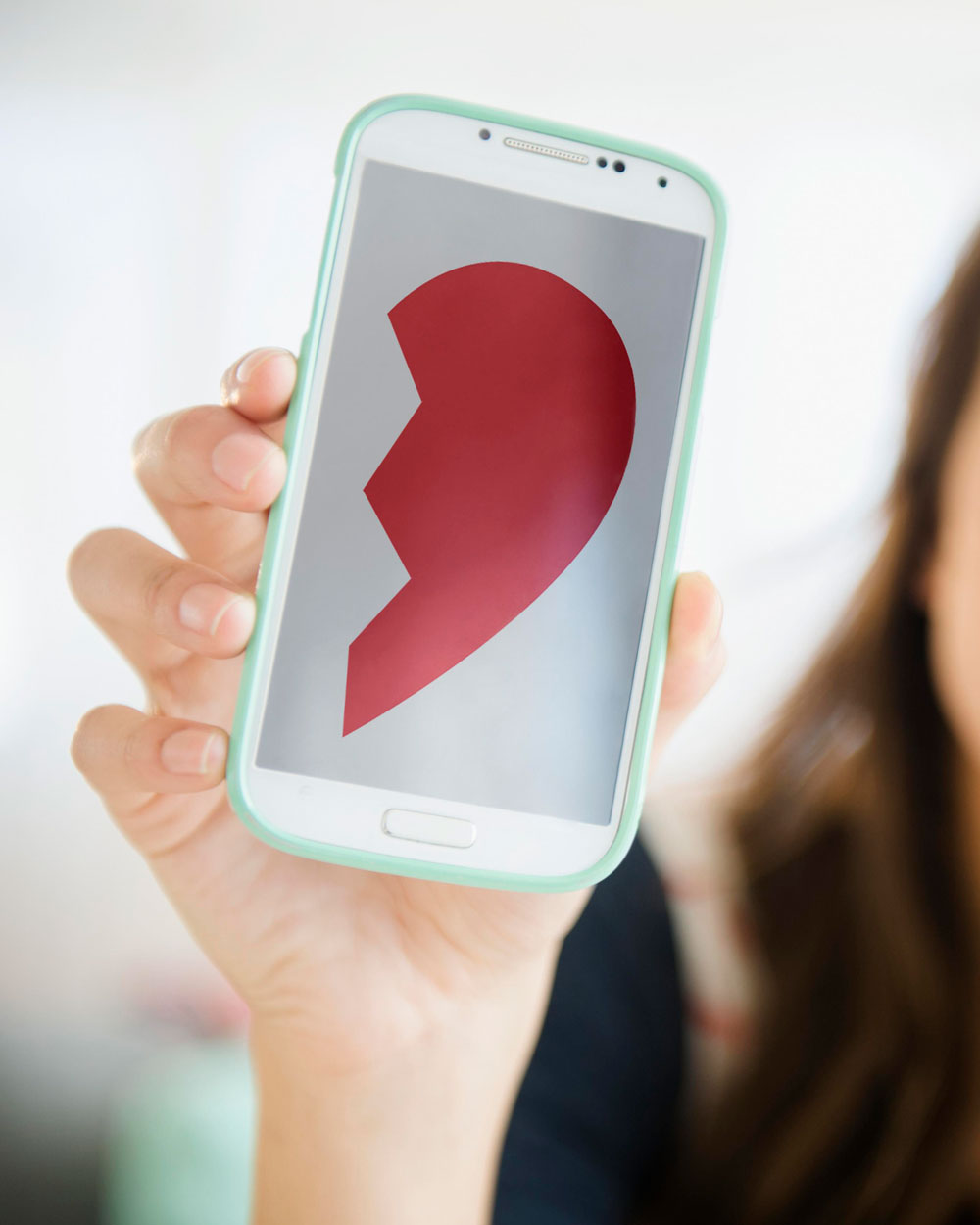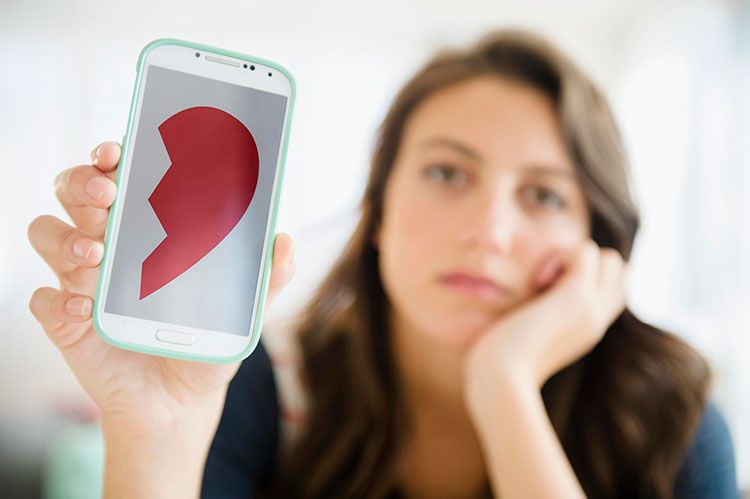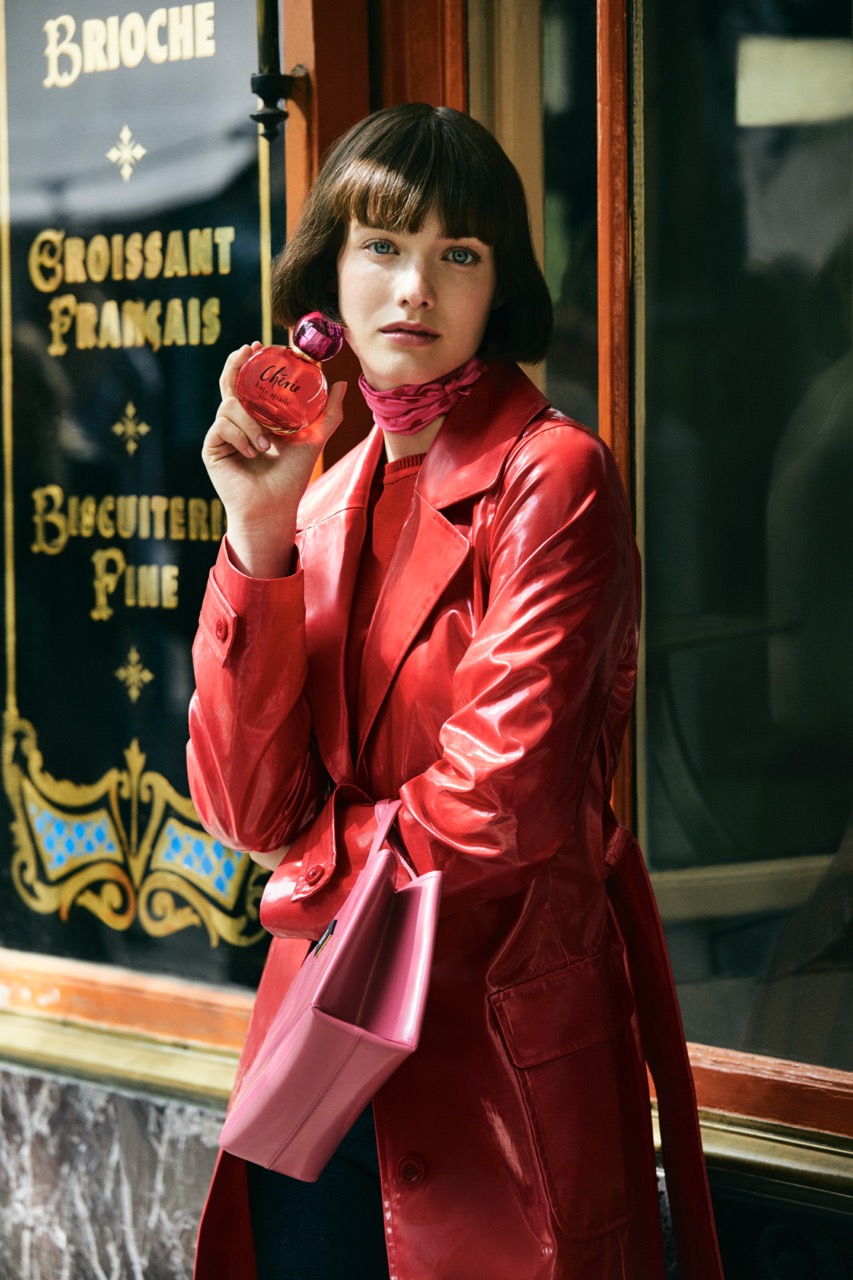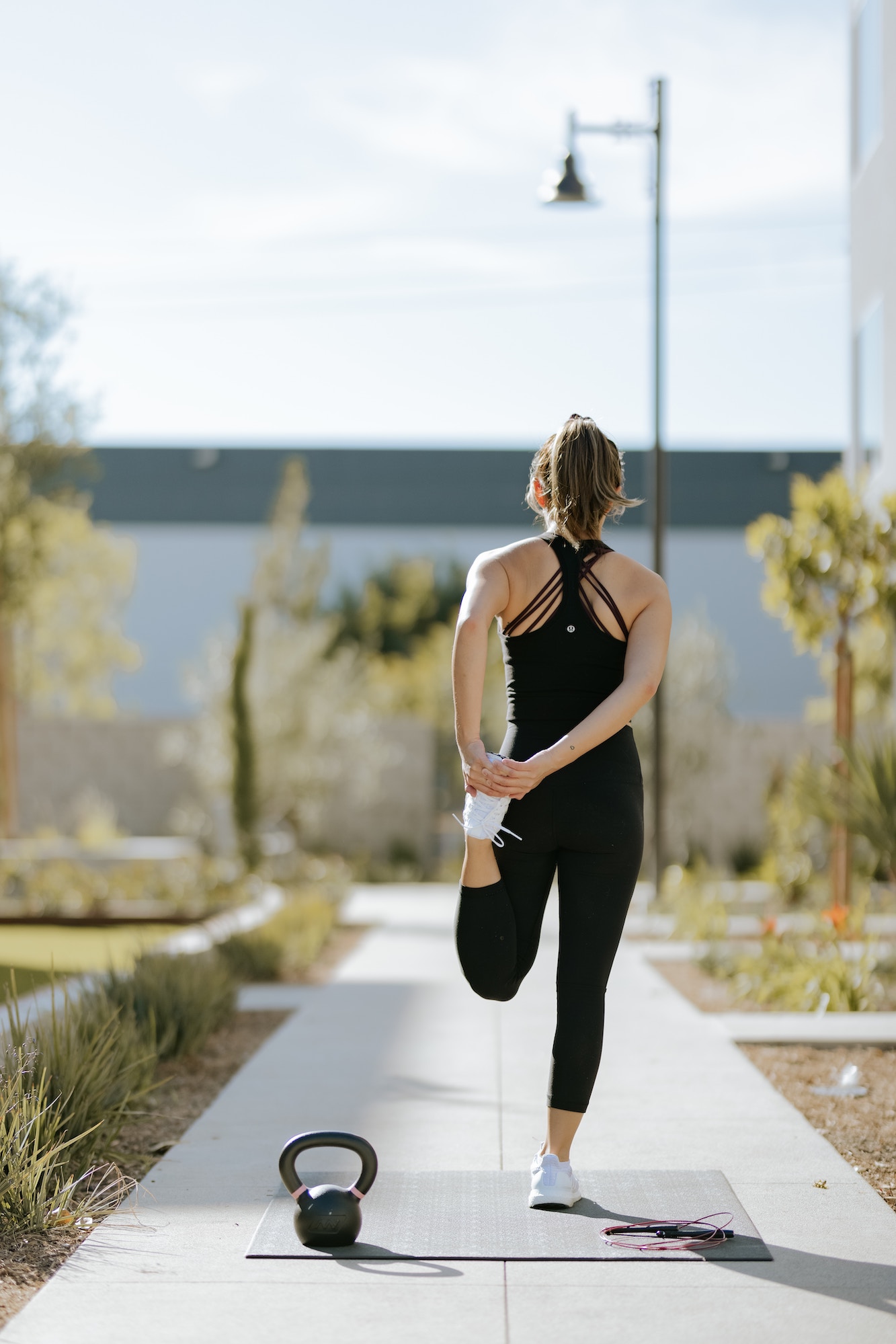With some serious horror stories of late, are we all now swiping left on this popular dating app?
Type ‘Tinder’ into Google and the second thing to come up is ‘Tinder pick-up lines’. Which, if you’ve never used it, should give you a good indication of how it works. But just like with any dating platform – including a good old meeting IRL – everyone has his or her own reason for starting up a conversation. Whether it’s for a good time or a long time is up to you to determine. But then… that’s dating. The difference is, it’s a lot easier to balls up to someone and say, “Sex?” in the cyber world than the real world. There’s much less chance of getting slapped, for one.
The juggernaut
Tinder has more than 10 million users worldwide – in New Zealand more than 5 percent of us are using the app. The Tinder powers-that-be also report there have been at least 300 marriage proposals to date. Those 600-plus people would surely argue it doesn’t matter how you meet The One, as long as you do; online, offline or in line at the supermarket. But what if you’re not looking for Mr Right, you’re just looking for Mr Right Now? That is, arguably, what most people think Tinder is for, after all – the hook-up app for straights, gays, couples looking to add an extra man to the bench and anything in between. And let’s not forget Tinder’s self-description in the App Store is “the fun way to connect with new and interesting people”. The word ‘dating’ isn’t ever mentioned.
How people use the app has, of course, always been up to the individual, and the perceptions surrounding it are varied – it’s only for casual sex, it’s like online dating for lazy people, it’s just a game and not to be taken too seriously. But with 26-year-old Warriena Wright falling to her death on the Gold Coast last year while on a Tinder date, and an unnamed 28-year-old woman reporting being drugged and gang raped after a Tinder date in Sydney in October (she later retracted her statement based on lack of evidence), safety issues have been swiftly and brutally dragged into the spotlight. Is it online dating we need to be wary of, or the hook-up culture it breeds among its users?
New way to hook up
In response to the said spotlight, the App Store has since changed the minimum age restriction for members of the popular app from 12 to 17 years of age, with many other lesser-known dating apps following suit. In March Tinder monetised its services, introducing the paid premium service. But has the damage already been done? Have we now gone sour on Tinder? Marie-Claire Ducharme Sayers, spokeswoman for dating website eHarmony, says most people don’t take these apps too seriously anyway. “They understand that a genuine, long-lasting connection is based on a deeper level of compatibility, which can be really difficult to find with the photo- and location-based apps.”
Of course, there’s still the problem of those people who are just after a casual hook-up. “The trend we’ve noticed is people are now accessing several online and mobile platforms simultaneously to meet their dating needs,” says Ducharme Sayers. “For example, casual dating apps are popular with younger people who enjoy the social nature of the experience – it’s a diversion they can engage in with their friends.”
So essentially dating is now like getting dressed in the morning… what you want from the day determines what pair of shoes you put on or platform you fire up. “Because people are looking for different experiences, there’s a market for different platforms when it comes to the world of online dating and its various forms,” explains Glenis Carroll, general manager of RSVP. “There’s an array of sites and apps out there which cater to a wide variety of personal, sexual and relationship preferences. Our research shows that singles come to us when they want to increase their chances of meeting that someone special; someone who displays relationship potential.”
The kiss principle
Of course, Tinder’s simplicity is also
a big part of its success. No forms to
fill out, no lengthy profiles to update
– you can be up and swiping in a matter of seconds. And for some, it’s proven the kindling that fired up a blazing new relationship. “I met my current boyfriend on Tinder,” says Bree, 29. “We’ve been dating almost a year now and he met my parents last week. He was the first guy I met on Tinder after talking to a few others and we just hit it off instantly
– I think he might be the real deal!”
For others, it’s intruded on their lives in ways they couldn’t have imagined.
“I was with my boyfriend for almost three years,” says Kristee, 28. “We met through mutual friends at a bar and moved in together about 18 months later. Then one day, I was having drinks with a single friend and we were playing around with Tinder on her phone. Suddenly, there he was: my boyfriend… on Tinder. My heart sank. I confronted him and we ended up breaking up over the whole thing.”
And therein lies the quandary for singles who are looking for more than
a one-night stand. How can you be
sure they are who they say they are? That they’re not married or after something more sinister altogether? Being clear about what you want from your ventures on the internet has to be the simplest way to avoid disappointment – there’s no shame in admitting you want a long-term relationship. Remember that, if nothing else, wanting the same mutual outcome is necessary for a successful foray of any kind: business, personal or other.
Dangerous liaisons
So if a hook-up isn’t what you’re after – but you’re an app-savvy lass with swipes to burn – what’s the alternative? Founders of a the app Pozee think they’ve found it. “People don’t want to advertise themselves in a public catalogue,” says Courtney Hayes, who created the app in collaboration with his sister Joanna. “We’re not anti-Tinder, mind you. Everybody has their different tastes and there can be no denying that Tinder’s been a tremendous success. But people want to feel earned, not picked from a shelf. Sure, it’s great to have the shelf brought to you on a regular basis so you can enjoy the simple pleasure of a good browse, but if the object of your desires is a life partner, you can’t shortcut or trivialise the courtship.”
So how is it different? Using your phone’s location services, the app shows you who’s single and open to being approached within 50 metres of where you’re standing (and, of course, also using Pozee, presumably). “When you eliminate the uncertainty about whether another person is single and open to being approached, you eliminate a large part of the fear of rejection that often holds people back,” says Joanna. “While the idea of approaching others might not work for everyone, for many it’s a welcome return to meeting people face to face.” So, how is it safer than any other dating app? “There are a number of features and restrictions built into the app’s design to ensure users (and, in particular, women) feel safe when using the device,” says Courtney. “These include no private information disclosed publicly, a choice between visible and private modes, no tracking or mapping – users must be within 50 metres of each other to appear on each other’s devices.”
The end
Of course, Tinder doesn’t cause death or rape or broken hearts – people do. Being mindful of, and responsible for, your own safety should be paramount. The fact these stories have surfaced as a result of Tinder dates could simply point to the app’s popularity more than anything else. At some point, every friend was once a stranger and that first step towards trusting someone is a leap of faith, a gut feeling. Trusting yourself to make sound decisions is the best place to begin, wherever you meet someone. What Tinder has done is change the stigma of online dating in one fell swoop; for better and for worse. “The popularity of social media has led to a heightened awareness of dating apps and services like eHarmony – it’s also had an impact on reducing the stigma once associated with online dating, especially among younger people,” says Ducharme Sayers. “But our concern with casual dating apps is they match users randomly, based on very superficial compatibility. True compatibility is based on factors such as your personality, core values and beliefs, and is fundamental to the long-term success of a relationship.”
So is app-based dating truly on its way out? Digital trends, after all, are just like any other. They can disappear as soon as they crop up. Anyone remember ICQ, MySpace and Snake?
“What remains apparent from the statistics is there are massive feelings of loneliness and disconnection out there,” says Hayes. “No-one would argue the digital and mobile revolutions have made us more connected, but there’s a growing chorus of people starting to recognise that connection is increasingly superficial. People want to feel more valued – not just texted at. Women will generally respond more favourably to a guy who can introduce himself and hold a real conversation – not hide behind his phone.” And the truth is how you find that magical man of your dreams…
well, that’s entirely up to you.







